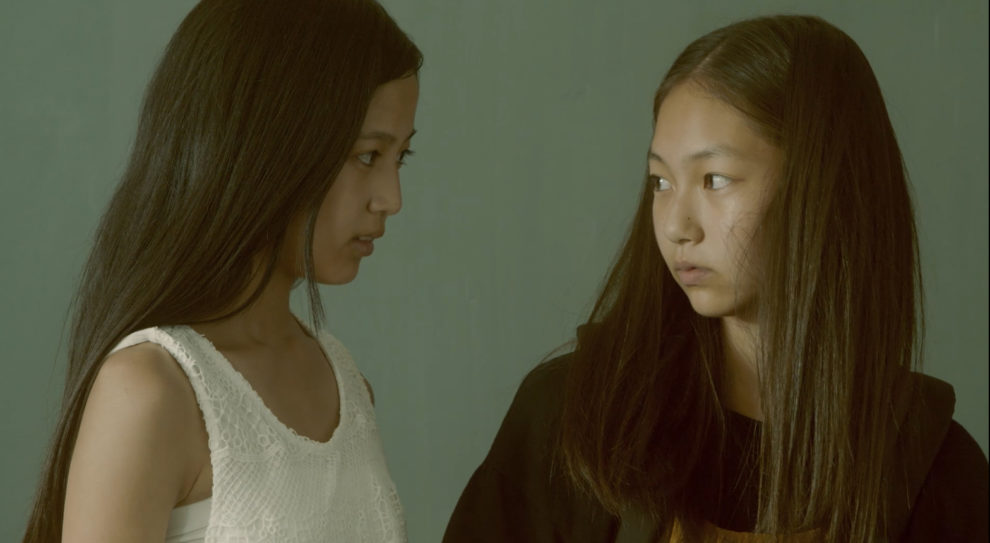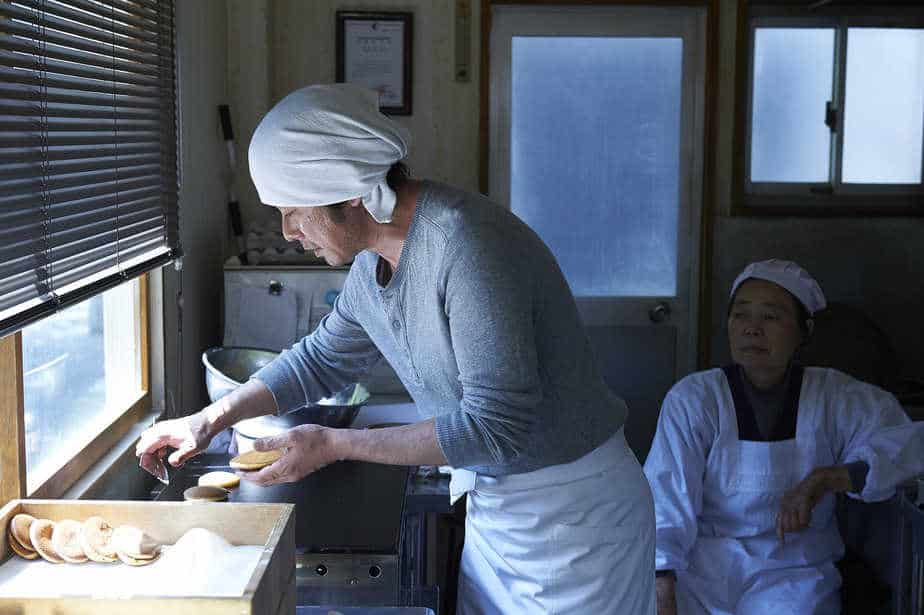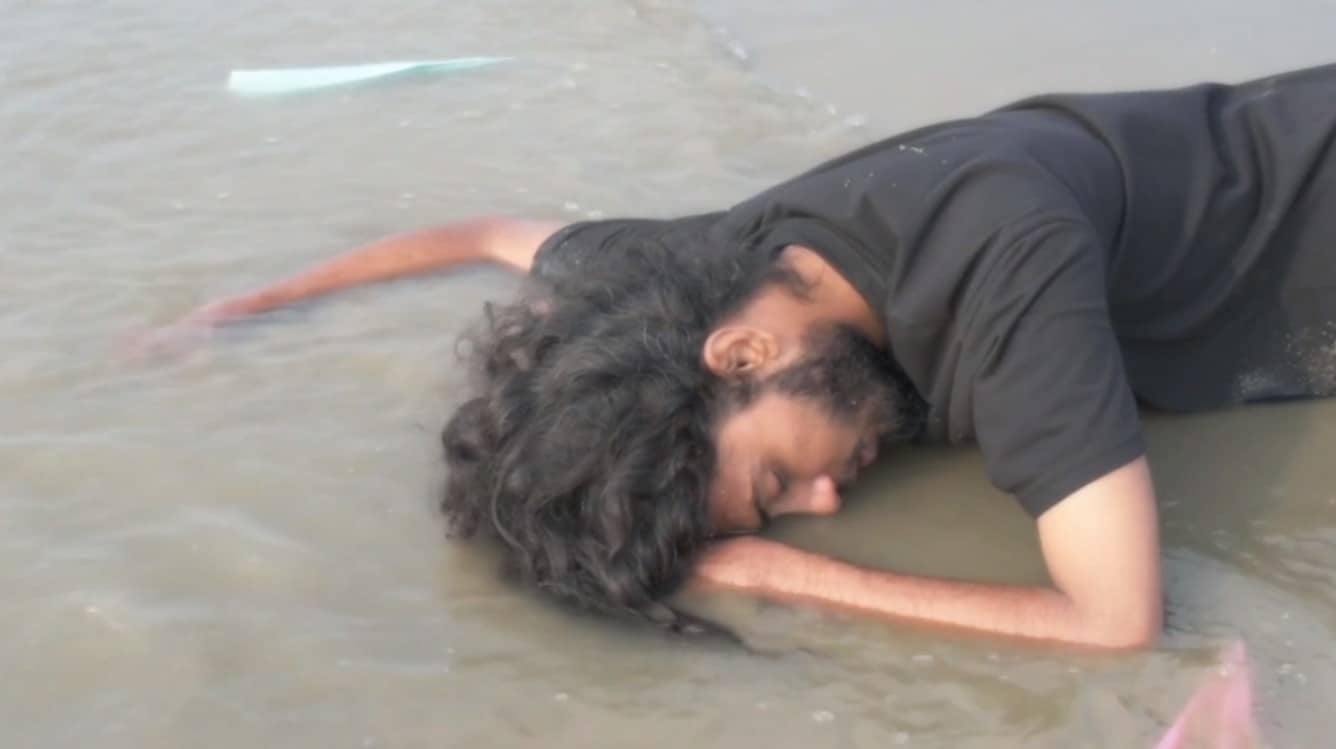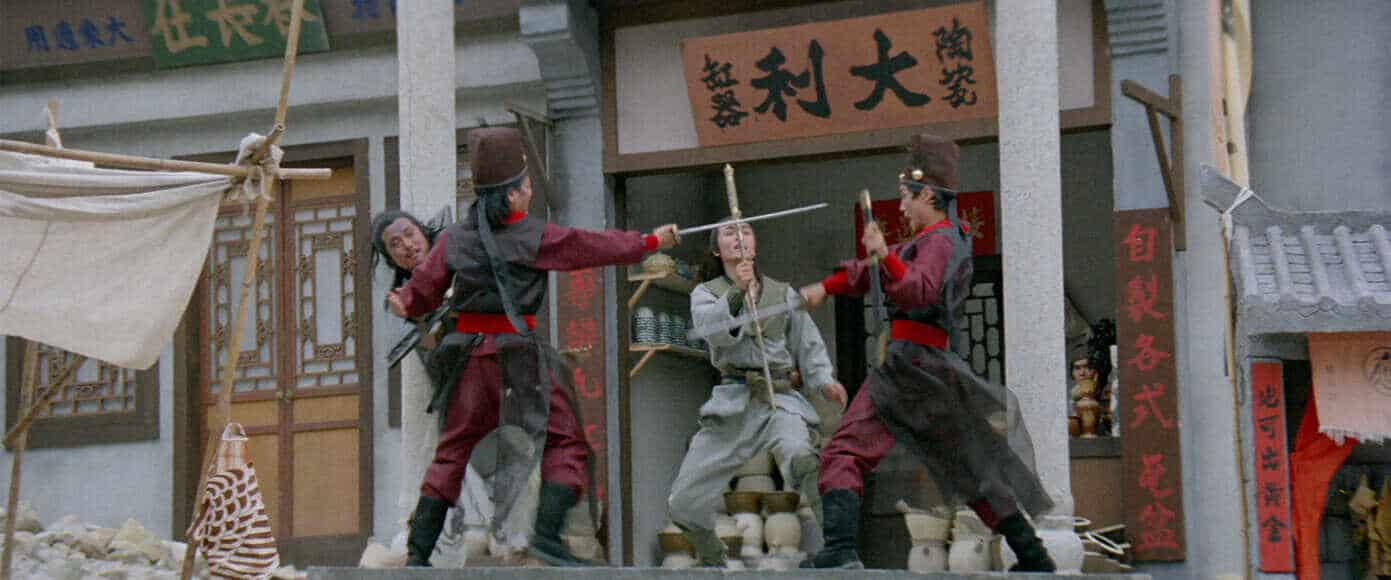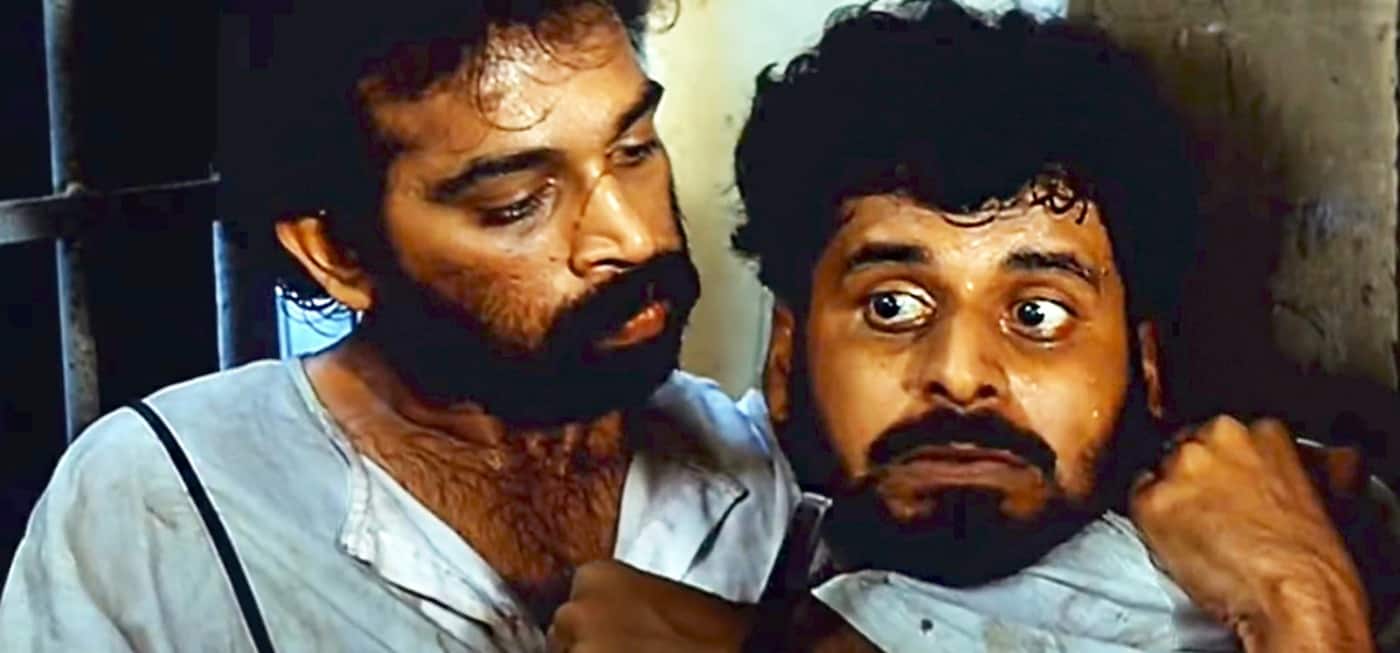Ever since the days of the great Yasujiro Ozu, the family drama has been a fixed entity within the cinematic landscape of Japan. While dealing with human issues on the one hand, the family was mostly a reflection of the world outside, its morals, values, politics and certain shifts in society, a tradition which continued with the highly praised entries of Hirokazu Koreeda in the genre, such as “Shoplifters”. Especially the latter may just be responsible for a new wave of family drama flooding international film festivals, some of which solid and entertaining, whereas the others are rather forgettable. In his new feature “Take Over Zone”, director Shinpei Yamasaki presents his entry into the genre, telling of a story of family quarrels, sibling rivalry and bullying.
“Take Over Zone” is screening at Camera Japan

After the divorce of her parents three years ago Sari (Yoshina Riru) has been living with her father, an uneasy relationship at best, with her constantly nagging him about his laziness and lack of proper hygiene. Eager to move out and have a life of her own, she plans to quit the track team and search for a job after school, a move which some of her teachers along with the coach of the track team heavily criticize for being short-sighted. Nevertheless, Sari is fixed on the notion of being independent of her father, which is emphasized when she runs into her brother Toma, who has been living with his mother. Upon realizing her mother (Chika Uchida) has re-married, she confronts her father about not having told her anything about this.
However, the revelation becomes even more frustrating for her when she finds out that her classmate and captain of the track team Yukina (Nanaha Itose) is Toma's stepsister. After a violent argument at school, Sari finally decides that she has had enough of her parents and asks Toma to join her in running away from home.
As the title already indicates the track field, the concept of competition versus working as a unit becomes the core idea within the story. Even before Sari understands the special connection between her and Yukina, the relationship of the two has been difficult at best, with the former bullying her teammates and undermining Yukina's authority as team captain, as well as their coach as their mentor. Considering she has experienced the dissolution of one family and the pain of being rejected, Sari is trapped in a loop of wanting to start a life of her own as well as the desire to get back to how things were, especially regarding the affectionate relationship to her younger brother. Interestingly, while Sari still functions as a team member on the track field, she fails when it comes to integrating within a team or for that matter any kind of substitute family, resulting in her wish of being on her own.
Similar to many other entries into the field of family drama, Yamasaki managed to touch upon much thematic ground in his feature. Besides feelings of rejection and the pain of growing up, he also tackles issues such as bullying and teenage violence. Without taking a moral stance upon the characters, his narrative approach focuses on the emotions of the character, the at times contradicting feelings as a result of a broken family. His approach is supported by a solid cast, with especially the young actors taking on quite complex roles with much dedication and commitment.
In the end, “Take Over Zone” is a very solid entry into the genre of family drama. Given its great cast, Shinpei Yamasaki's movie manages to entertain and empathize with the characters as well as their struggles of growing up and taking responsibility for one another and for themselves.


